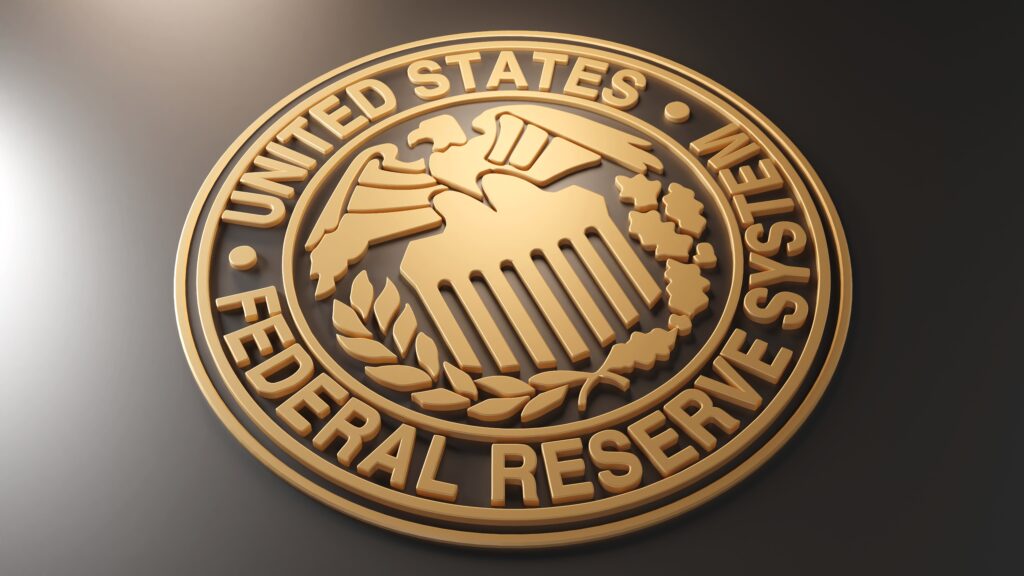Jerome Powell, the Chairman of the U.S. Federal Reserve, has made it clear that he will not resign from his position, even if pressured by President Donald Trump, after the central bank made its second consecutive interest rate cut on Tuesday. The Federal Reserve lowered rates by a quarter point, bringing the current range to 4.5%-4.75%, as part of its ongoing efforts to manage inflation and support economic growth. This move follows a steady decline in inflation, which has dropped to 2.1%, approaching the central bank’s target inflation rate.
President Trump, who was re-elected earlier this week, has been a staunch critic of the Federal Reserve’s policies, particularly with regard to interest rate hikes. During his first term, Trump frequently criticized the central bank for its decision to raise rates, arguing that the Fed’s actions were detrimental to economic growth. Trump also suggested that he should have a more significant role in determining monetary policy and has even called Fed officials “boneheads” for their decisions.
In light of these criticisms, Powell was asked during a press briefing if he would step down if asked to do so by President Trump. Powell’s response was direct: “No.” He emphasized that members of the Federal Reserve are protected by law from being removed or demoted by the president, reinforcing the importance of the Fed’s independence in setting monetary policy free from political pressure. Powell’s firm response highlights the central bank’s commitment to making decisions based on economic data and not political considerations.
The rate cut decision by the Federal Reserve is part of a broader strategy to address inflation, which had reached a 40-year high in 2022. The Fed has been raising interest rates to curb inflation, but as inflation has begun to decline, the central bank has opted to lower rates in order to support economic growth. While inflation remains below its peak, Powell noted that the job is not done, and the Fed will continue to monitor economic conditions closely.
With the political environment shifting following Trump’s re-election, questions are being raised about the future of the Federal Reserve and its relationship with the White House. Powell’s firm stance on preserving the Fed’s independence is a reminder that the central bank’s role is to make decisions based on the broader economic outlook, rather than political influence. Powell’s second term as chair of the Federal Reserve runs through 2026, and the coming years may bring further challenges as the Fed continues to navigate the delicate balance between inflation, employment, and economic growth.


